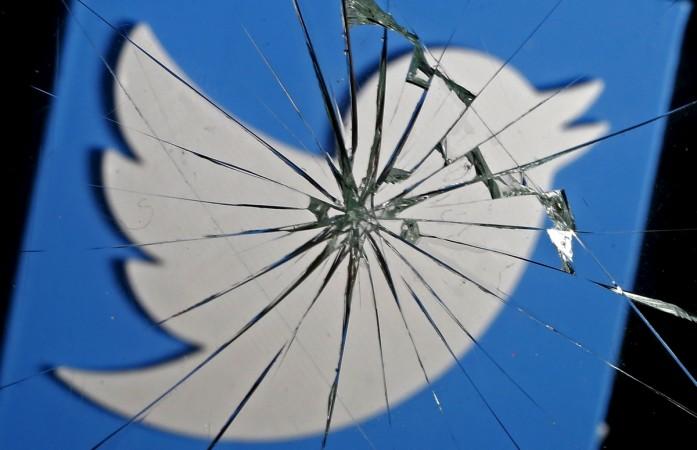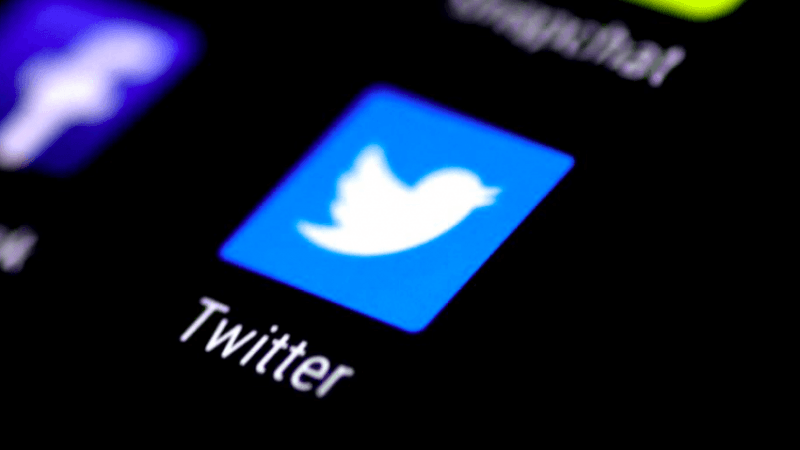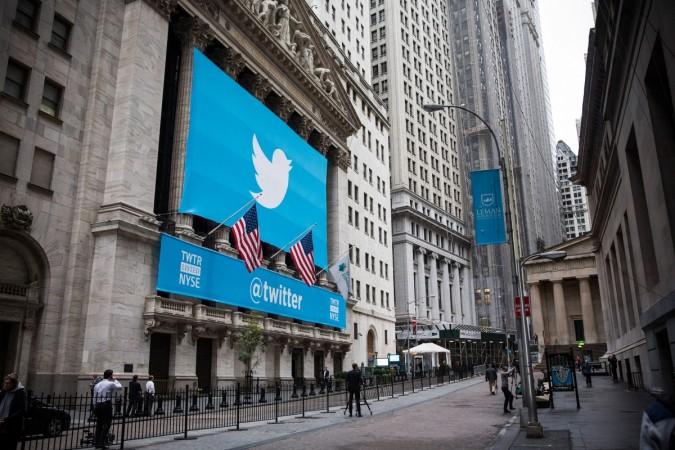Several news reports stated that Twitter lost its legal protection from being held liable in India for any users' posts after it failed to comply with the new The Information Technology (Guidelines for Intermediaries and Digital Media Ethics Code) Rules, 2021, that came into effect on May 26.
According to the reports, the social media platform's protection as an intermediary under section 79 of the Information Technology Act, 2000, will no longer hold. Sub-section (1) of section 79 of the Information Technology Act, 2000, states that an intermediary shall not be liable for any third party information, data, or communication link made available or hosted by him.
Twitter had to comply with the new IT Rules by May 25, 2021, after the expiry of the three months' time given to all intermediaries. Reports stated that despite the deadline, Twitter lost its protection as it failed to appoint a grievance officer, mandated under the IT Rules.

What was expected of Twitter?
According to the IT Rules, the grievance officer should be based in India and shall be responsible for the redressal of grievances received.
News reports state that Twitter lost its legal protection as it failed to comply with rule 7 of the new IT rules that states that where an intermediary fails to observe these rules, the provisions of sub-section (1) of section 79 of the Information Technology Act, 2000, shall not be applicable to such intermediary and the intermediary shall be liable for punishment under any law for the time being in force including the provisions of the Act and the Indian Penal Code.
Sonam Chandwani, Managing Partner at KS Legal & Associates said this stringent move indicated that entities may portray themselves as flag-bearers of free speech but cannot excuse themselves from complying with the law of the land.
"In a recent development, Twitter lost its coveted legal shield for 3rd party content for failure to comply with new IT rules. In essence, legal proceedings can be filed against Twitter for user content on its platform. However, it remains to be seen whether this development will leave a permanent scar or be lifted once Twitter adheres to the new digital rules," Chandwani said.
She further said that in light of the recent violation, Twitter can face liability for violating any Indian law just as any publisher is.

"The government and Twitter have been at loggerheads owing to the latter's compliance issues pertaining to rules that mandate platforms to increase due diligence and vigilance with respect to objectionable content and held accountable for the same. In light of the recent violation, Twitter can face liability for violating any Indian law just as any publisher is. This stringent move indicates that entities may portray themselves as flag-bearers of free speech but cannot excuse themselves from complying with the law of the land," Chandwani added.
Advocate Manish Bhadauria said if a law is enacted in India, every citizen and entity should abide by it and when other social media platforms have already complied with the new Rules, Twitter should have too.
"Nodal officers will check the content whether it is objectionable or not. This is to end the spread of misinformation, seditious and communal views etc. When an act is enacted in India, every citizen is aware of it. When others adopted it, Twitter was not appointing a nodal officer despite the laws being enforced. If one is not complying with the laws and rules of India, then they are at fault. That's why action should be taken against it. Twitter failed to comply with the IT rules that have been enforced from May 26," Bhadauria said.
#TwitterBanInIndia trend and reality
Immediately after the reports came, #TwitterBanInIndia went viral on social media platforms after the reports and Internet Freedom Foundation (IFF) took to Twitter to caution against the news reports of any social media entity (a significant entity) losing the "protective shield" of an "intermediary status" and said it emerged "from an incorrect reading of the law".

IFF tweeted, "First! The "intermediary status" is not a registration that is granted by the Government. If you'd like to brush up on this, we've got you covered in an explainer we did when incorrect reports emerged over a "social media ban" earlier this month."
"The present concerns arise from Rule 7 of the IT Rules, but Rule 7 only says that the provisions of Section 79 of the IT Act won't apply to intermediaries that fail to observe the IT Rules. The so-called "intermediary status" is actually a technical qualification as per criteria under the Section 2(1)(ua)(w) of the IT Act (see link). This should be read with Section 79. As per Section 79, intermediaries are immune from liability/penalty if they comply with legal takedown requests of user posts from courts & public authorities. As we explain, this is threatened by the IT Rules, 2021," IFF said in a series of tweets.
It further stated that the new IT Rules, as per several digital rights organizations, were "unconstitutional".
"Even if we presume that the IT Rules are legal and constitutional, where alleged non-compliance is for appointment of officers etc., when companies like Twitter are prosecuted, courts will decide if it is an intermediary and not the government.
"The stories citing a loss of intermediary status do not refer to any government order or gazette notification rooted in a legal provision. Hence it is not a legal determination. Even an official press statement is not publicly available yet," IFF further tweeted.
According to news reports, Twitter, however, said on June 15 that it has appointed an interim Chief Compliance Officer and the details of the officials will be shared directly with the IT Ministry soon.

















